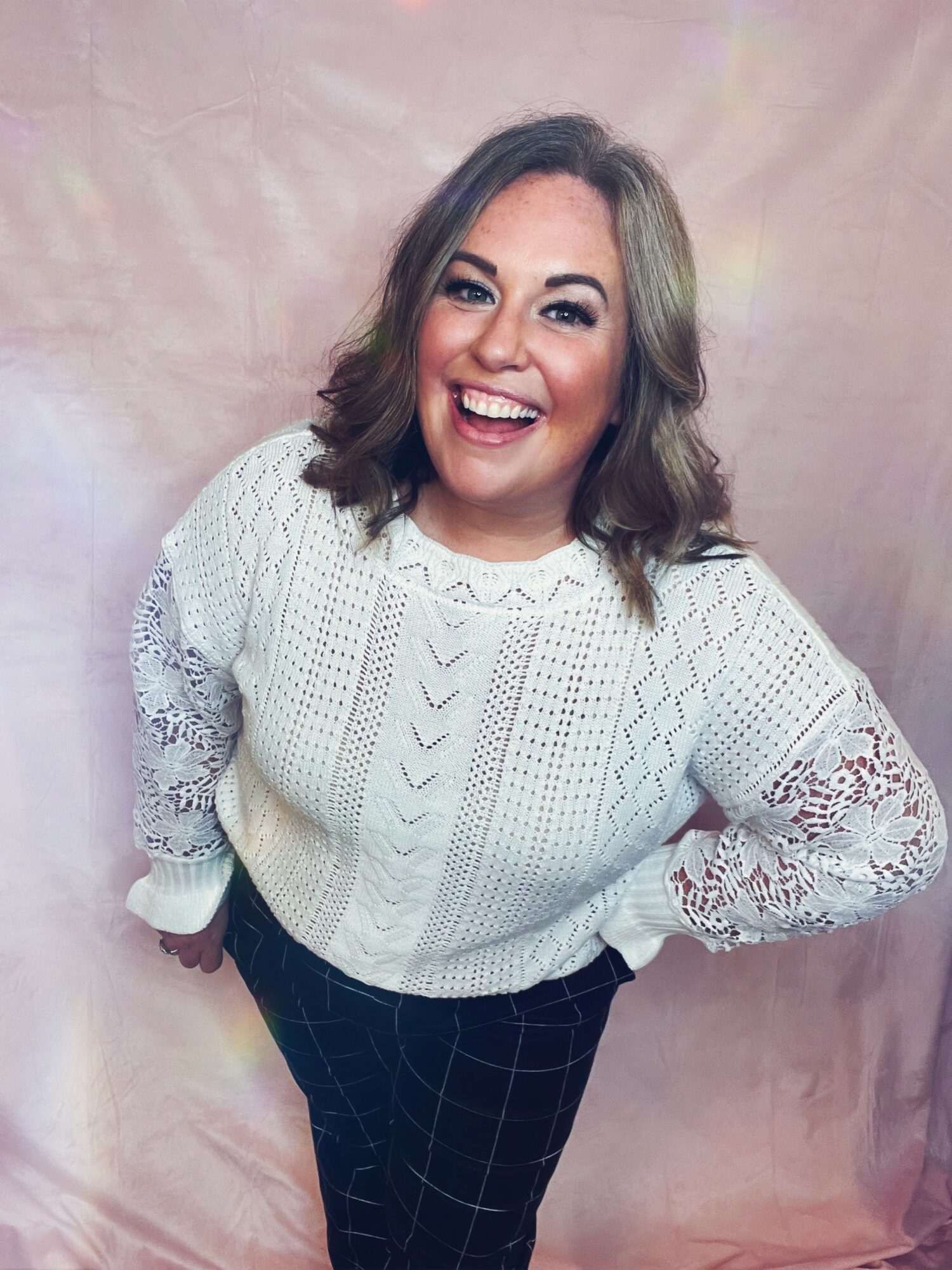

Today we’d like to introduce you to Laura Anderson
Hi Laura , we’re thrilled to have a chance to learn your story today. So, before we get into specifics, maybe you can briefly walk us through how you got to where you are today?
I began my private (psychotherapy) practice in March 2012 after having worked in Community Mental Health for about 18 months. While I considered myself a generalist, many people came to me who were in/trying to get out of/had just gotten out of domestically violent relationships. In many cases this was coupled with spiritual abuse and what I now call, high control religion. About 5 years into my practice I began to advertise myself as someone who worked with religious trauma (in addition to DV) and began connecting with others on social media as a way of offering support. In 2019 I co-founded the Religious Trauma Institute with a colleague with the hope of being able to offer support, training, and consultation to other professionals. I also expanded my therapy practice to include coaching while also pursuing additional education regarding trauma resolution modalities and my PhD. With my social media following growing and being on several podcasts, my waiting list ballooned to 4 years long–something I felt was untenable to manage. So, I began looking at different options for how to support people and eventually opened the Center for Trauma Resolution and Recovery–an online trauma coaching company that focuses on supporting individuals coming out of high control religions, fundamentalism, purity culture, cults, adverse religious experiences, dynamics of power and control, and religious trauma.
We all face challenges, but looking back would you describe it as a relatively smooth road?
Like any small business owner, I had many months where I wondered if I should pay my bills or eat! Building your own business with no financial support outside of your own bank account is not for the faint of heart–and I did it twice. First with my own practice and then with my company. But I’ve always known that this is what I’ve wanted to do (work for myself and eventually have others work for/with me).
Now that I have a company I think my biggest challenge is wanting to make sure that I am doing all I can to support them, get them the clients they need, and maintain a positive and supportive presence. This, of course, isn’t always easy (given how fickle some people can be!) but it’s part of the job!
Alright, so let’s switch gears a bit and talk business. What should we know about your work?
I am a licensed psychotherapist in the State of Tennessee as well as a licensure supervisor. I am a Somatic Experiencing Practitioner and a trauma coach. I co-founded the Religious Trauma Institute in 2019 and opened the Center for Trauma Resolution and Recovery in May 2021.
I’m most well known for my work in religious trauma, supporting individuals coming out of high control religion, cults, and fundamentalism, and healing from dynamics of power and control. I’ve also written a book: “When Religion Hurts You – Healing from the Impact of Religious Trauma and High Control Religion” (Brazos, 2023).
I specialize in all things religious trauma as well as complex trauma, domestic and sexualized violence, narcissistic relationships, dynamics of power and control inside systems, institutions, and relationships, and the nervous system. I am also currently doing a lot of research around the impact that trauma can have on perimenopause.
If we knew you growing up, how would we have described you?
Initially, I was a vivacious, passionate, emotional, and performative kid. I loved being the center of attention and anything performance related; I loved being a big sister to my siblings and also loved reading and the fantasy worlds it could pull you into. However, during late elementary school, I began to recognize the religious messaging that I was being indoctrinated into and realized that who I was did not fit the prototype of a “Godly woman”. To that end, I learned how to fragment myself, suppressing the parts of me that were not palatable to others.
Despite the high control religious upbringing, I was able to still go to public school which I see as my saving grace. Despite being in a small community (with small schools), there were incredible academic, athletic, and musical programs that I fully participated in. I wanted to go off to college and see the world, but my “highest calling” to be a wife and mother discouraged me from that and I ended up staying in my hometown, working with the youth group and eventually becoming a paid staff member at the church. During that time, since I wasn’t married, I did pursue my bachelor’s degree (which is in Christian ministry) but ultimately, after leaving my job at the church, realized that I needed something more in order to make it in life (as I had privately decided I wanted to leave the community). Ultimately, this is what led me to get my master’s degree in marriage and family therapy and the rest is history!
Contact Info:
- Website: www.drlauraeanderson.com // www.traumaresolutionandrecovery.com
- Instagram: @drlauraeanderson // @traumaresolutionandrecovery.com // @sundayschooldropoutspod // @religioustraumainstitute
- Facebook: /drlauraeanderson













